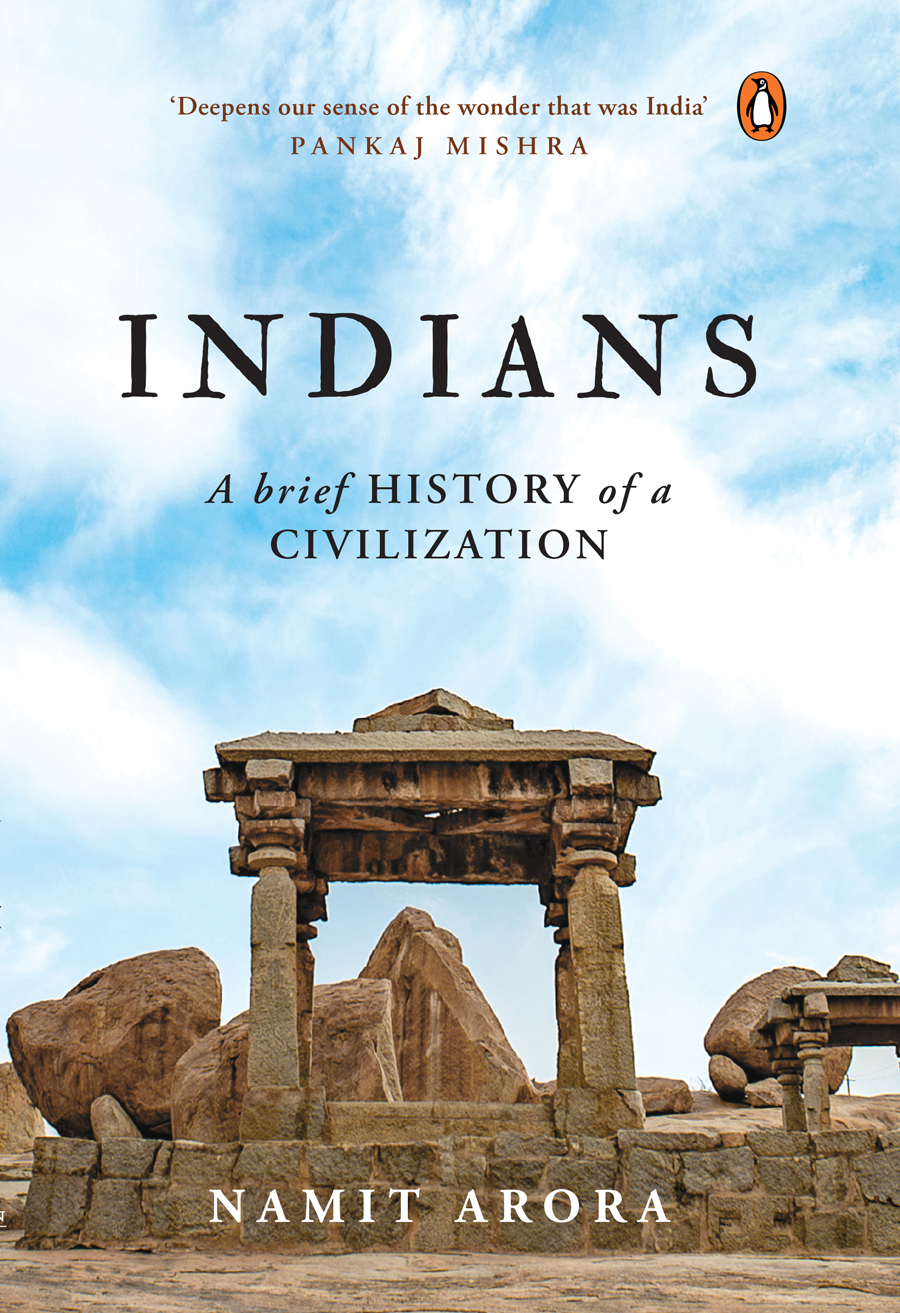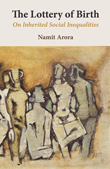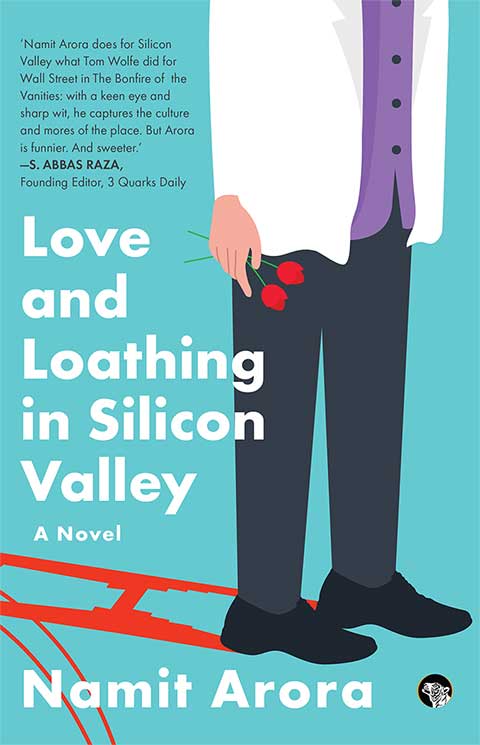-
The
India that the Classical Greeks were aware of did not extend much beyond
present day Pakistan. Thar desert is probably what Herodotus refers
to. As for the Gold and the ants, well . 'more tall tales from the
impossible East.'
-
From
7
in the Bibliography, Chapter 1.
-
This
included the Jewish god Yahweh, after Alexander's conquest and the
Hellenisation of the near east.
-
Which
in turn followed what modern historians have dubbed 'the dark
ages', but only due to our lack of details.
-
From
2
in the Bibliography, The Beginnings.
-
Democracy
was not exactly what Solon had in mind. In a self-congratulatory couplet on
his reform code, Solon writes:
For
I granted the people an adequate amount of power
And
sufficient prestige - not more nor less.
But
I found a way also to maintain the status
Of
the old wielders of power with their fantastic riches.
I
stood protecting rich and poor with my stout shield,
And
saw that neither side prevailed unjustly.
-
Unfortunately,
we have few sources from this period to shed light on the precise
manner of the transformation. Athens acquired its democratic
constitution in 507 BCE from the tyrant Cleisthenes.
-
For
a sample see the Funeral Oration of Pericles in 2 in the Bibliography.
-
This
is why we know few ancient sculptors. The Greeks admired the quality
of the finished work but didn't care much for the artist partly
because his role was seen to be much different than in our own times.
-
Much
like those of the Chinese, the Indians, and the Arabs at
different stages of their history.
-
From
13, Introduction.
-
On
this topic, Al Beruni (in Al Beruni's India, early eleventh
century) reports that Pythagoras of Samos once said to a man who took
great care to keep his body in a flourishing condition and to allow it
everything it desired, "Thou art not lazy in building thy prison
and making thy fetter as strong as possible."
-
As recorded by Plato in Phaedo
(The Death of Socrates).
-
From
the Encyclopedia Britannica, 1998. Socrates never committed his
thoughts to writing. Our main sources
on him are Plato and Xenophon.
-
Logistically, the most ambitious Greek operation of the age, though
misconceived and doomed from the start by Athenian bravado and
jingoism. It led to a crushing defeat and a big blow to their national
self-esteem. Nicias was butchered; his men were either starved to
death or sold into slavery. It proved to be something like their Vietnam.
-
That
would be an innovation of the Italian Renaissance.
-
See
3
in the Bibliography, the life of
Pericles.
-
From
13, Introduction.
-
The
'contributions' extracted from about 150 member-states equaled the
total internal public revenue of Athens. Pericles later diverted them
for the reconstruction of the Acropolis.
-
See
2
in Bibliography, Book I, for general background. Wasn't realized at
the insistence of some leaders.
-
The hoi oligoi or few, and the hoi polloi or
many, otherwise, the rich and the poor.
-
In
Laws, written well after the Republic, even Plato betrays a measure of pessimism, renouncing his
philosopher-king as an unrealistic ideal: philosophy was no longer to rule
human affairs; the task of the legislator is to ordain 'what is good and
expedient for the whole polis amid the corruption of human souls, opposing
the mightiest lusts, and having no man his helper but himself standing
alone and following reason only'.
-
Modern
Corfu; the rebel Corinthian colony approached Athens for protection
much as if Bolivar's nascent Gran Colombia had approached Britain
for protection from Spain.
-
Wealth
via wars was frequently acquired but wars ostensibly had a national purpose.
-
The
Athenian polis never recovered even when its high culture survived
well into Roman times. Athens was to the Romans what Paris was to many
Americans in the earlier part of the twentieth century - Roman nobles sent their offspring to Athens to acquire cultural polish for their
aristocratic society.
-
Hellenic
and Roman philosophers like the Stoics, Diogenes the Cynic, Pyrrho of
Elis (extreme Skepticism), and others are remarkable in their
proximity to the Hindu and Buddhist view of life. Zeno, Chrysippus,
Seneca, Epictetus and Marcus Aurelius would've appreciated the
Indian concept of maya (though perhaps not the circular view of time or transmigration)
- they did see life as full of suffering and selfish desire as
the root cause. Buddha's eight-fold path for the elimination of
desire too would have struck a chord with Stoic teaching.
-
Parallels
are risky business but would a stoic worldview regain prominence in
some distant future (prominent people articulating it with force and
clarity)?(That may also
lend credence to the Hindu worldview of circular time. J)One can argue that this is a characteristic of post-modernism but the
latter has no quarrel with selfish gain and has little resembling
stoicism. It does, however, pooh-pooh ideologies and the unbending faith in
linear progress.
-
The
section
on Persians derives from the Encyclopedia Britannica 1998 and two general
histories.
-
A
History of the Arab Peoples by Albert Hourani, 1991, Warner
Books.
-
In
586 BCE, Nebuchadnezzar, King of Babylon (the northern part of
Mesopotamia, the other two being Sumer or Akkad in the south and
Assyria in the middle) captured Jerusalem, destroyed the kingdom of
Judah and the Jewish Temple, and according to the custom of the time
sent the conquered peoples into captivity in Babylon. Some decades
later, the Babylonians themselves were overthrown by Cyrus the Mede
who authorized the return of the Jews to the land of Israel and
rebuilt the Temple at state expense. In the Hebrew bible, Cyrus is
accorded a degree of respect given to no other non-Jewish ruler and to
few Jewish rulers. The last chapters of the book of Isaiah written
after the captivity include these words: 'He [Cyrus] is my shepherd,
and shall perform all my pleasure: even saying to Jerusalem, Thou
shalt be built; and to the Temple, Thy foundation shall be laid'
(Isaiah 44:28). (Source: The Middle East by Bernard Lewis,
1997, pp 27-28.)
-
Here
is a subject matter outline of Histories.
-
The
Malice of Herodotus by Plutarch
-
Important
differences remain with the modern Orientalists, who operated as an adjunct to imperialism, superior military power, and
racism. Also, the Greeks had no notion of linear progress (or
cumulative knowledge leading 'forward') and did not see the
'Orientals' lagging behind, or believed in anything like the
'white man's burden'. The common thread lies is the prejudice of
cultural superiority and the kind of observations and judgments,
often subconscious, prompted by it.








